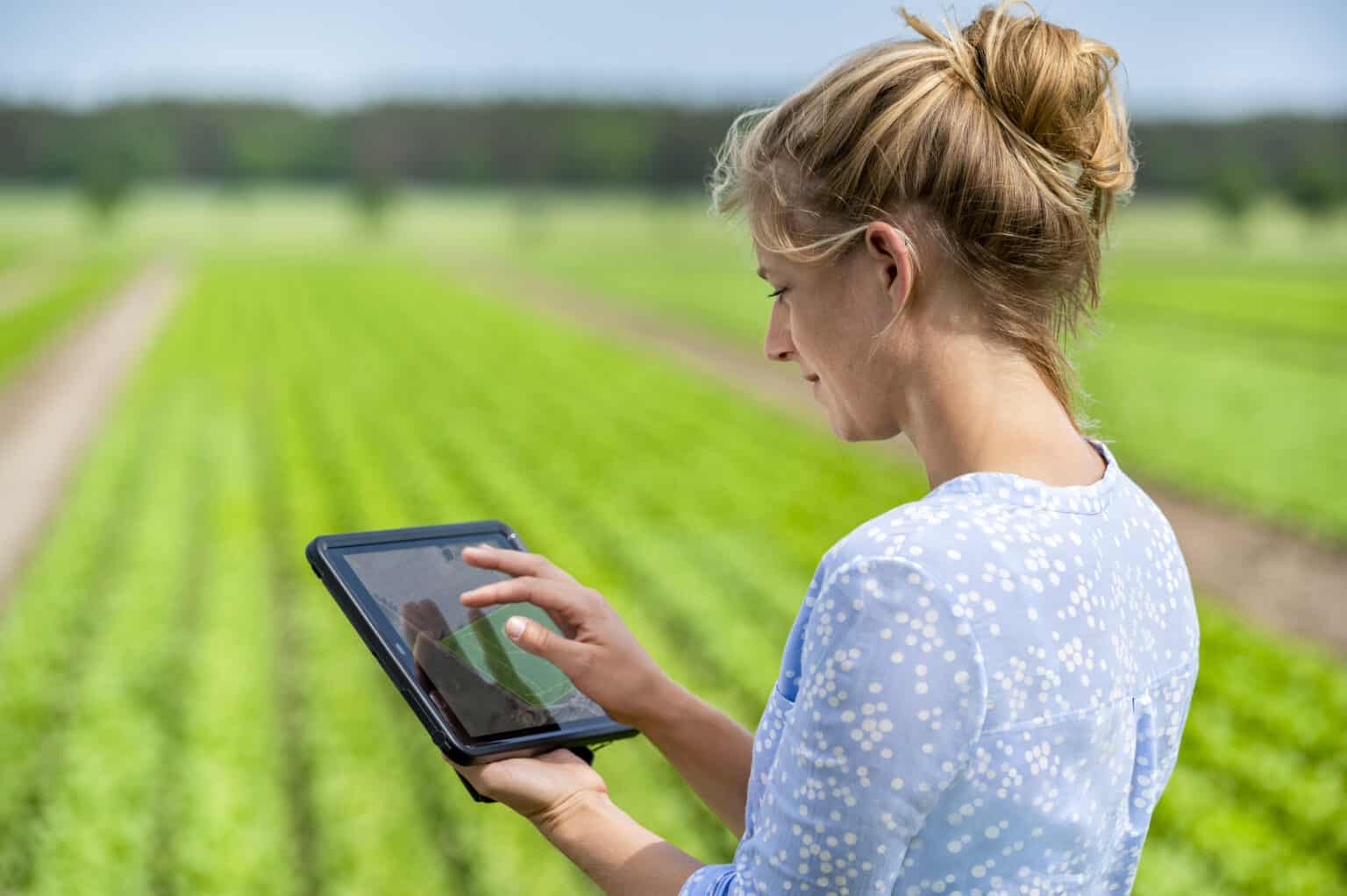The Rewards of Vegetable Gardening
You should think about developing a home vegetable garden if you value to have fresh produces within the summer and spring. Growing a vegetable garden is actually a fun and healthy hobby that anyone can excel at.

While gardening, you might find that the troubles and stresses throughout the day simply float away. Home vegetable gardening relieves stress and lets you be out in the sunshine. Vegetable gardening is seen to lower blood pressure level and clear the mind. Also, the action of nurturing plants and watching them grow is quite soothing. And it may look nice too!
The Pros of Organic Gardening
One great facet of home vegetable gardening is it does not require a variety of chemicals. Therefore, home vegetable gardening lets you acquire more natural, juicy, and healthier vegetables which can be also better to the environment. Also requires a large toll in the environment, although using lots of chemicals on vegetables is not merely unhealthy for your health. Growing your own vegetable garden and ultizing less chemicals yields natural food.
Organic vegetables will almost always be the very best-tasting because they will never be picked until these are completely ripe and you are ready to choose them. Another pro of growing your very own organic vegetable garden is the fact you will save money. As opposed to buying all your organic vegetables at the store, you will possess your personal collection of vegetables at your disposal whenever you want them.
Anyone can produce a home vegetable garden. As long as you have dirt somewhere, you can create an outside vegetable garden from the solid ground. Although you may don’t have a plot of dirt, you can buy a couple of pots and make a container garden.
Vegetable Gardening on Solid Ground
Prior to starting your vegetable garden, should keep in mind these simple thoughts: , and soil.location and size
First of all, we’ll discuss the place. You must plot your garden inside an area with plenty of shade and sufficient drainage. You need to nurture your plants by putting them within a place that receives about 6 hours of sunlight daily. The typical is six hours a day, though every plant is unique and requires some other amount of light.
Therefore, tend not to plot your garden in a shady place! Also, ensure that your garden has adequate draining. Water will flood your plants during the wet season; it is a common mistake that lots of beginning planters make in the event you place your backyard at the end of your hill. You will prevent your vegetables from drowning, by locating your gardens far from bottoms of hills as well as other spots where water will probably collect!
Second of all the, let’s talk about size. You need to decide how big you want the garden to get initially. Remember that you need to get started small, and expand later; otherwise the actual size of your garden may overwhelm you. I would recommend beginning by using a garden space of 25 sq ft or less. As soon as you receive the hang of this, you can expand your vegetable garden as much as you would like.
Third, let’s speak about soil. Soil is probably the most important aspects of gardening, so it is very important to possess good soil to produce a good garden. The very best type of soil is slightly loose and simple to till. Therefore, keep away from soil that is hard-packed. You are able to fix this concern by using mulch or compost within your garden should your yard lacks lots of good soil inside it. Alternatively you can purchase good soil from the local nursery.
Mulch is often an organic covering, like straw, leaves, compost, or peat that you can cover your backyard with to enrich the soil, prevent weed growth, which will help prevent excessive evaporation water. Compost is made up of any organic particle, including dead leaves, manure, or (most often) kitchen scraps. People put compost inside their yards to boost the soil and supply nutrients for plants. Composting kills two birds with one stone; it is great for your cuts and garden down on your trash.
And soil of your garden, you will have a booming vegetable garden in no time, in the event you address thesize and location. Also, a few of these tips will likely help those of you who choose to experience a container vegetable garden.
Vegetable Gardening in Containers
Container gardening is the ideal type of gardening for many individuals. Container gardening is the best option unless you have a good plot of land to garden on. It is the most practical approach to garden for people not lucky enough to have large plots of soiled land to garden on.
There are lots of pros to container gardening. You can place your plants wherever you would like: within your family room, on the patio, etc., so that you can add color and radiance wherever you wish. With container gardening, you can actually place plants wherever they acquire the best growing conditions. Another pro is you will have fewer pests eating your plants if they are in containers as opposed to in the ground.
Although nearly every plant will grow all right in a container, there are many that grow exceptionally well in containers. These are generally: salad spinach, eggplant, tomatoes and greens Swiss chard, beets, peppers and radish and bush beans.
The Love of Vegetable Gardening
Less stressed, and produces delicious vegetables for you to eat, vegetable gardening is incredibly rewarding mainly because it causes you to feel great. If you like the fresh vegetables at farmer’s market, you’ll love to experience a garden vegetable of your to tend to and eat from.
More info about consulting company for outdoor vegetable growing in Germany and Spain you can check this internet page: check it out
